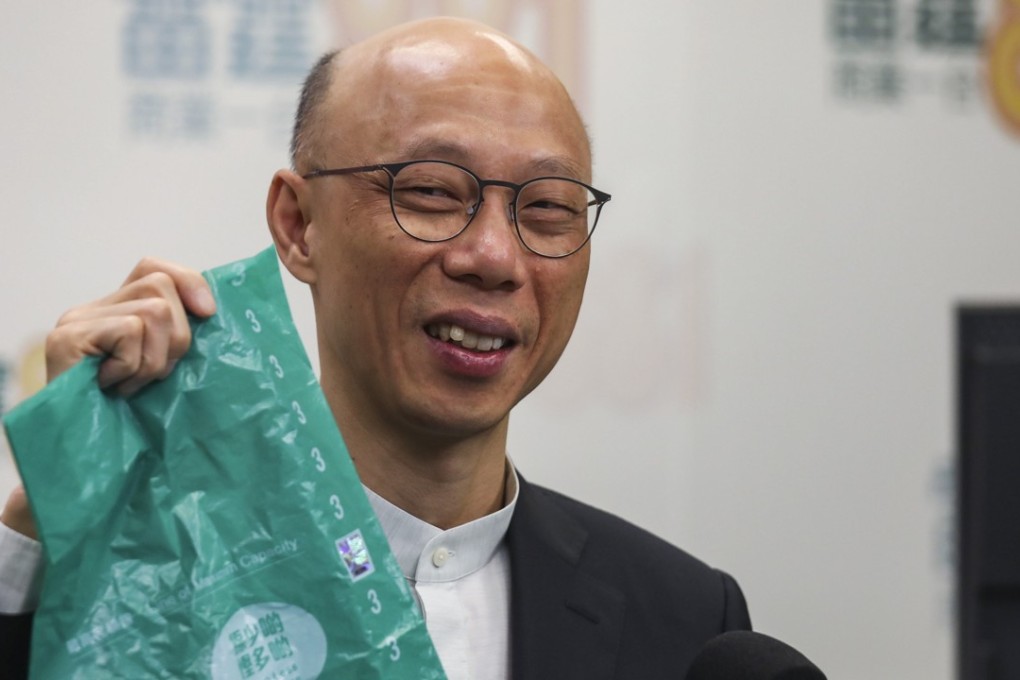Letters | Are Hong Kong’s environmental policies actually doing more harm than good?
- Alice Wu says with two of environment minister Wong Kam-sing’s projects proving hard to implement, he needs to craft policies that are as well thought out as they are well-intended

If we continue with the hot kitchen metaphor for a minute, we know where Fan will be found – he’s the guy putting out the stove-top fire while the turkey burns in his oven. But where is Secretary for Environment Wong Kam-sing? He’s the one standing in front of the open refrigerator, inspecting the LED lighting.
Wong has introduced a number of “policy blueprints” to address the city’s long-standing air quality, waste management, energy and nature conservation problems. They are sensible and necessary. Climate change demands that steps are taken to rein in on our wasteful practices. And perhaps that is why Wong doesn’t have to face the political pressures his other colleagues have to. All policies coming out of Wong’s bureau will be well-intended, and its “purview”, morally superior.
Indeed, it is hard to take issue with cleaner air and spaces, and reducing our waste and carbon footprint. But thinking up ideas are only half of Wong’s job. When it comes to protecting the environment, it’s not the “what”, but the “how” that we struggle with. The other – and more important – half of his job is coming up with good public policies. By good, we do not only mean well-intended policies, but practical and implementable ones.